October 6, 2022
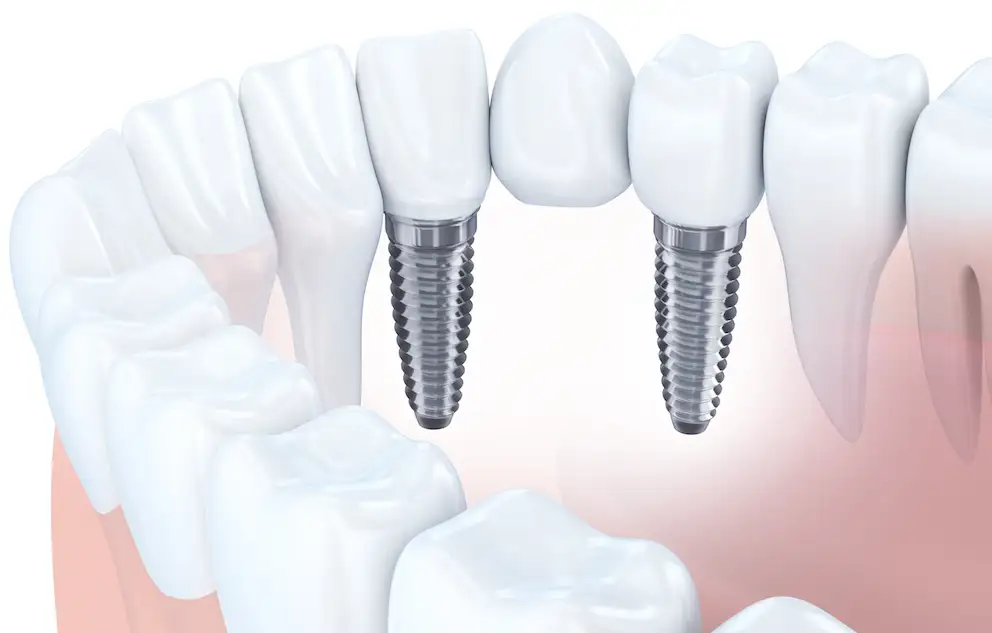
If you have lost one or more teeth due to aging, an accident, tooth decay, or for any other reason, your dentist in Sterling Heights, MI, may suggest dental implants as a replacement option. In this article, we explore the pros and cons of dental implants.
(more...)October 6, 2022
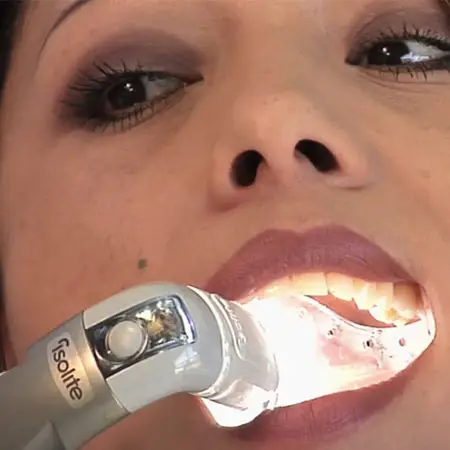
A tonsil stone is a hard mass that is yellowish or white. It can vary in size from very small to very large. These stones are a combination of food debris, bacteria, dead cells, as well as other substances trapped in the cavities in your tonsils. Read on and learn everything that you need to know about these hard masses.
(more...)September 27, 2022
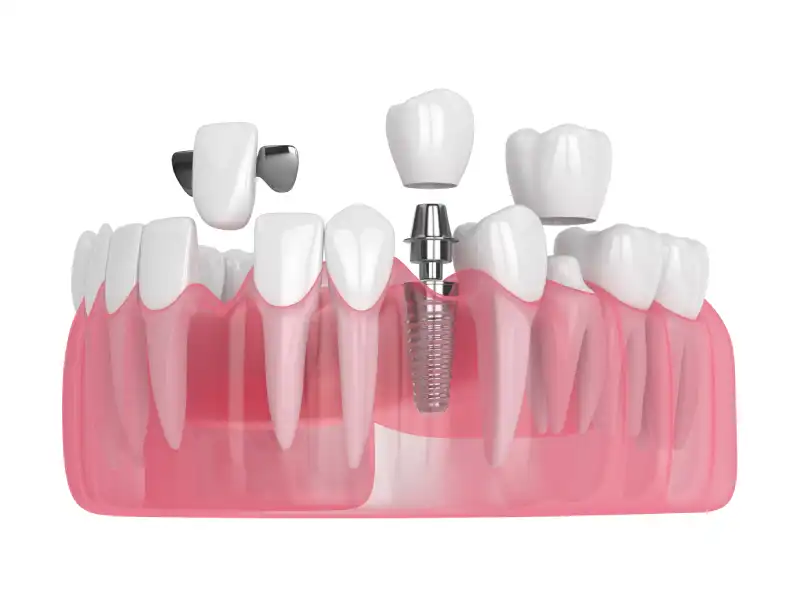
Dental Crowns and bridges are restorative options for chipped, cracked, broken or even missing teeth. But, what do these restorations refer to and when is each best suited for you? Read on and discover the answers to these and more questions as shared by the professionals at Dental One Care in Sterling Heights, MI.
(more...)September 27, 2022
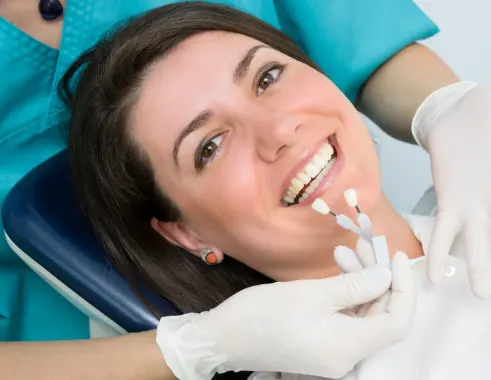
Dental veneers are custom-made shells placed on the front surface of your teeth. They improve the appearance of your teeth. Veneers can be made from composite materials or from porcelain.
(more...)September 27, 2022
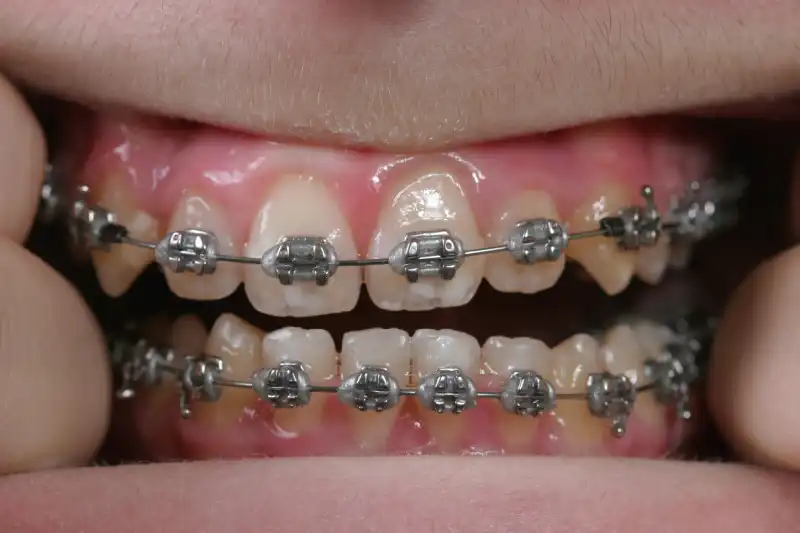
When you hear the word “braces”, the first thing that pops up in your mind is teeth straightening. While there is nothing wrong with that, there is a lot more to it that is often overlooked.
(more...)September 15, 2022
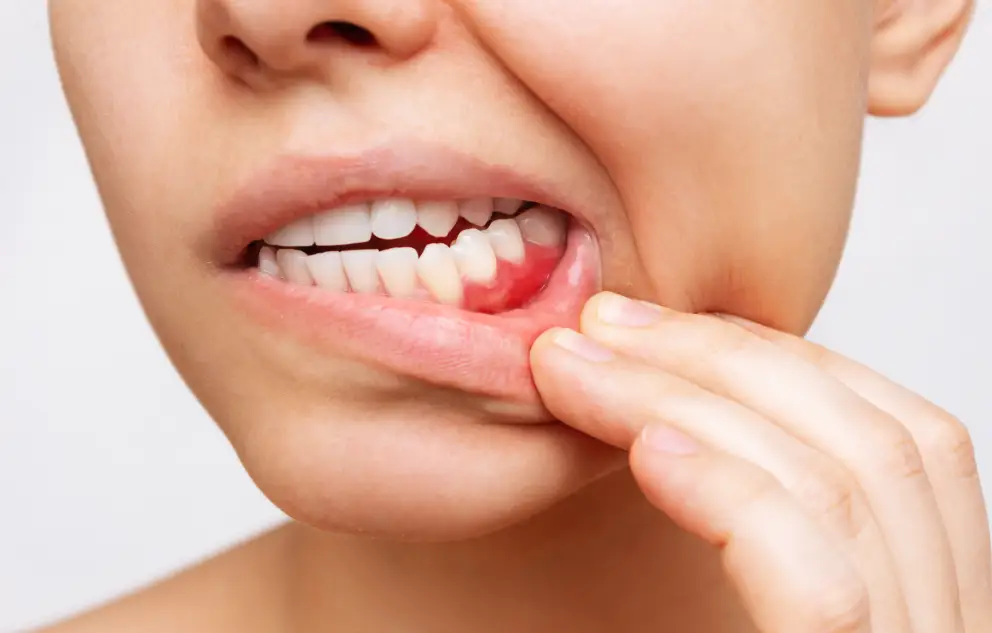
By definition, gum disease is an inflammation of the gum line that can progress to affect the bone that supports your teeth. There are three stages of gum disease, ranking from least to most severe, which are gingivitis, periodontitis, and advanced periodontitis.
(more...)September 15, 2022

Your head pounds, your gums hurt, and your mouth is sore and tender. All these things are due to your toothache. To get rid of it once and for all, a visit to the dentist would be highly recommended. Until then you can take the help of these home remedies to get short-term relief.
(more...)September 15, 2022

Do you wake up with unexplained tenderness in your jaw? Does your significant other tell you that you grind your teeth in your sleep? Dental professionals describe bruxism is the term used to describe teeth clenching or grinding. Bruxism can lead to a number of oral health care concerns, including serious damage to your previously healthy teeth.
(more...)September 15, 2022

It’s a common fact that every person should brush their teeth every morning and night, but there are a few more things that must be done in order to keep your mouth healthy. As a matter of fact, you might have some bad habits that you think is beneficial for your mouth. It’s never too late to start taking good care of your oral health. To start, check out the list below of common habits that might be causing harm to your teeth and gums
(more...)September 15, 2022

A recent report from the federal Agency for Healthcare Research and Quality (AHRQ) on data from 1996 to 2015 concluded that more Americans have dental coverage than they did 20 years ago but their spending at the dental clinic is significantly higher.
(more...)



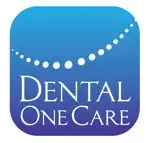
Dental 1 Care
Dental 1 Care offers a wide range of dental services to meet your needs. We offer single implants, implant-supported dentures, root canals, dentures, and sedation Dentistry. We are committed to providing the best possible care for our patients. Our staff is friendly and knowledgeable, and we will work with you to make sure you are comfortable and informed about your treatment options.
